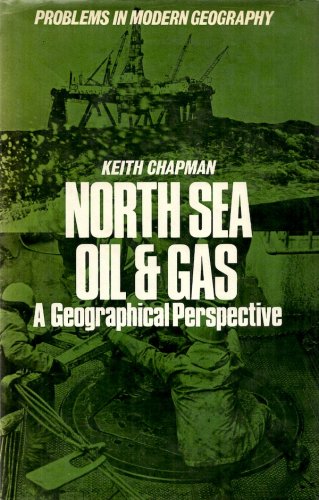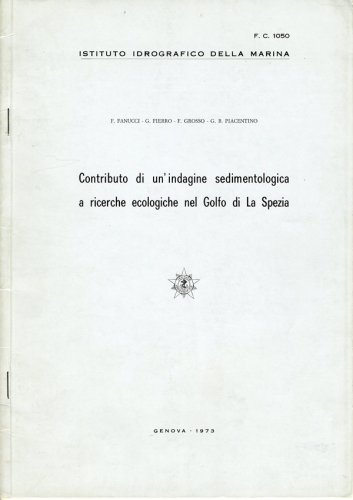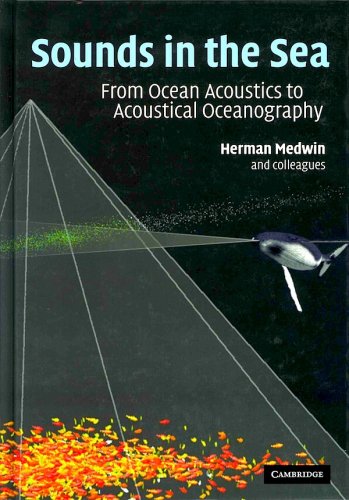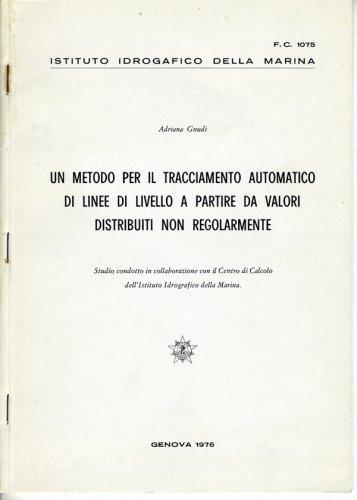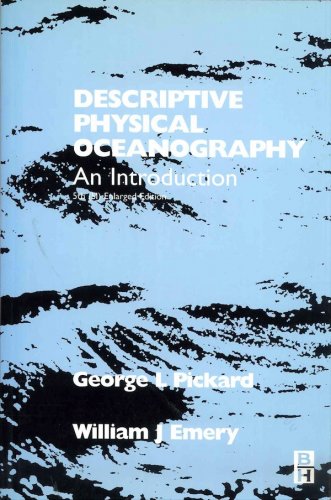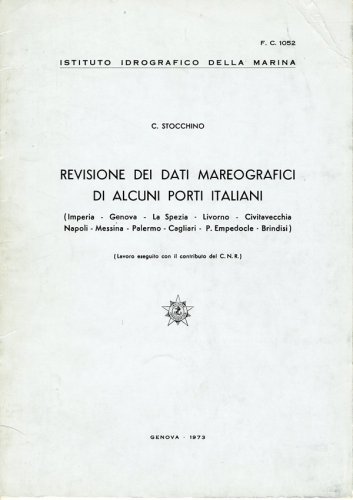North sea oil and gas
a geographical perspective
North sea oil and gas
a geographical perspective
- Disponibile in 48 ore
- Possibilità di reso entro 10 giorni lavorativi
- Transazione sicura con carta di credito, Paypal o bonifico bancario
- Spedizione tracciata con SDA
Only ten years after the first rig moved into position, British oil has been piped ashore from the North Sea and, by 1980, will be making a substantial contribution to UK energy supplies. The discovery of natural gas in 1967 - for initially gas was the prrnary objective - has transformed the gas supply so that 90 per cent of the UK's needs already come from the North Sea. The speed and concentration of exploration pinpoints the vital importance of this new energy source. Until now the major oil 'pipeline' in the world has been led between the Middle East and Westèrn Europe, so this new energy source has far reaching implications, both political and economic. Keith Chapman examines these implications starting from events in the North Sea itself; the geological background, agreement on the division of the North Sea, relations between oil companies and government embodied in offshore mining legislation. The latter part of the book concentrates on the inshore repercussions of offshore activities; how North Sea oiI fits into the international oil system, the various options open for its utilisation, the attitude of the EEC towards Scottish-based resources, government policy for the North coast of Scotland - an area which planners classed as 'peripheral' but which must now accommodate extensive support facilities and service industries for the oil sites. There is also the question of relations between national and commerciai interests - government versus the giant multi-national companies which took the initial gamble in the North Sea and are now responsible for the development of a resource vital to the economie well-being of Western Europe. The author has considerable experience of research in the energy field in Norway and the Netherlands as well as the UK. He gets to grips with the problerns and potential of North Sea oil and gas in an assessment of these first exciting years of its discovery.

